Shampoos are an essential part of our daily hair care routine. They are designed to cleanse our scalp and hair, removing dirt, oil, and other impurities. However, most shampoos contain synthetic surfactants that can have harmful effects on our hair and scalp. In this article, we will discuss the role of surfactants in hair shampoo, the side effects of synthetic surfactants, and how coconut extract can be used as a natural alternative.
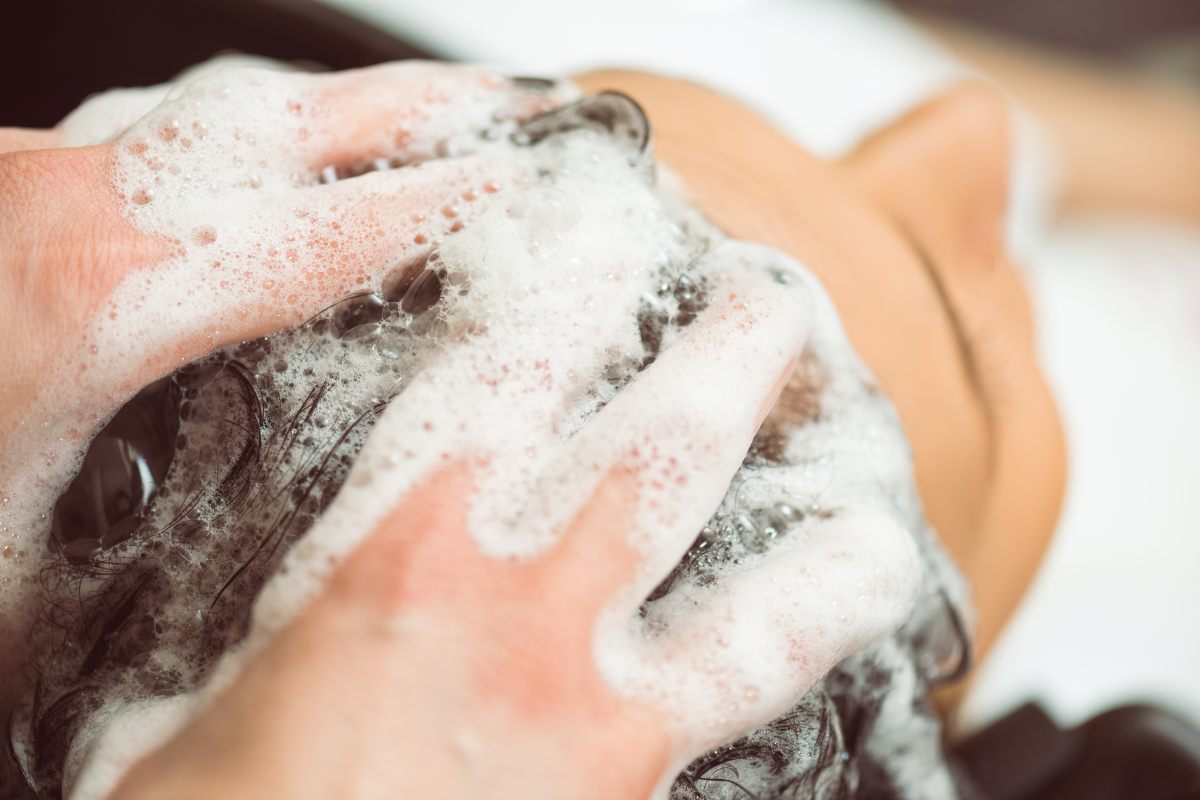
Role of Surfactants in Hair Shampoo:
Surfactants are surface-active agents that reduce the surface tension between two liquids or between a liquid and a solid. In hair shampoos, surfactants act as detergents, removing dirt, oil, and other impurities from the scalp and hair. They help to emulsify the oils on our scalp and hair, making it easier to wash them away with water.
Some of the most common surfactants used in shampoos are sodium lauryl sulfate (SLS) and sodium laureth sulfate (SLES). These surfactants are effective at removing dirt and oil, but they can also have harmful effects on our hair and scalp.
Side Effects of Synthetic Surfactants:
Synthetic surfactants like SLS and SLES can cause a range of side effects on our hair and scalp. Some of the most common side effects include:
- Dryness: Synthetic surfactants can strip our hair of its natural oils, leaving it dry and brittle.
- Irritation: Synthetic surfactants can irritate the scalp, causing redness, itching, and flaking.
- Allergies: Some people may develop an allergic reaction to synthetic surfactants, causing symptoms like hives, itching, and swelling.
- Hair Damage: Synthetic surfactants can weaken the hair follicles, leading to hair breakage and hair loss over time.
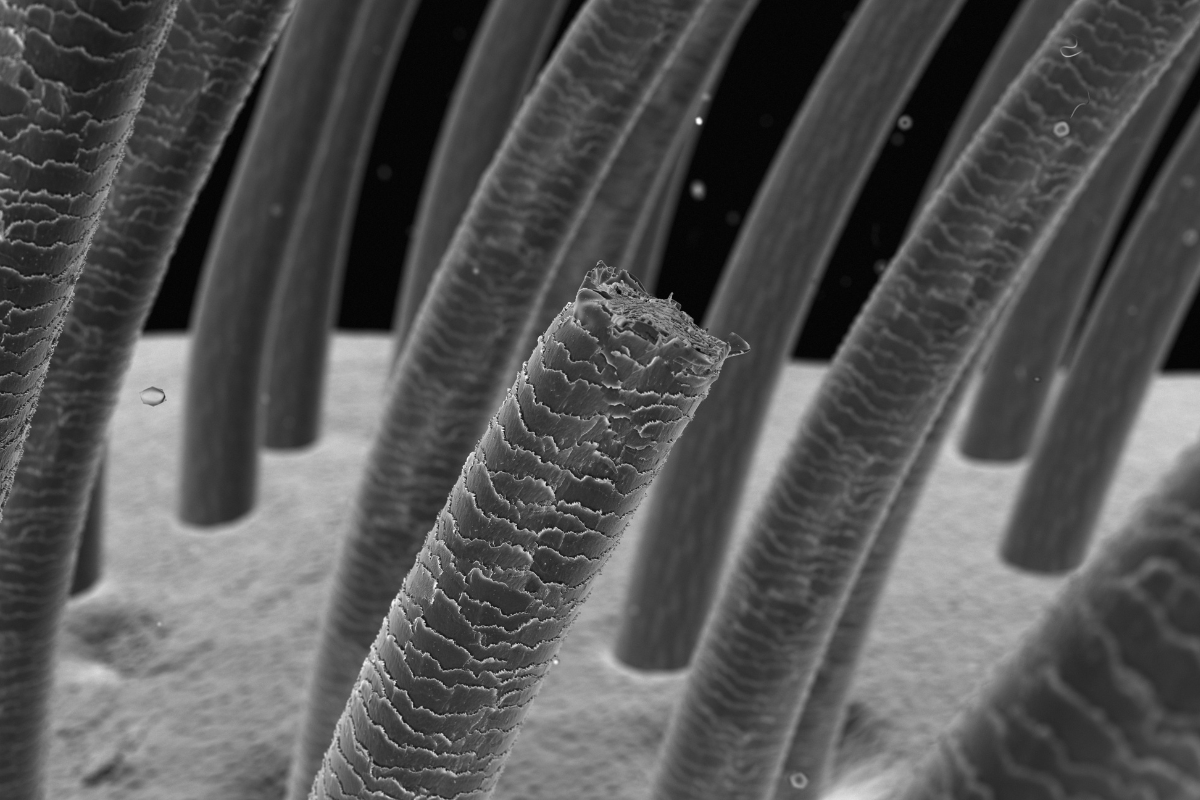
Coconut Extract as an Alternative:
Coconut extract is a natural alternative to synthetic surfactants that can provide similar benefits without the harmful side effects. Coconut extract is rich in lauric acid, a medium-chain fatty acid that has antimicrobial and antifungal properties. These properties make it an excellent ingredient for cleansing the scalp and hair without causing any harm.
Coconut extract also contains natural oils that can moisturize and nourish our hair, leaving it soft and shiny. These oils can help to prevent hair breakage and hair loss, making our hair look healthier and stronger.
Using coconut extract in shampoo is a natural and effective way to enhance the cleansing and moisturizing properties of your shampoo. Coconut extract is a rich source of lauric acid, which has antimicrobial and anti-fungal properties that can help to keep your hair and scalp clean and healthy.
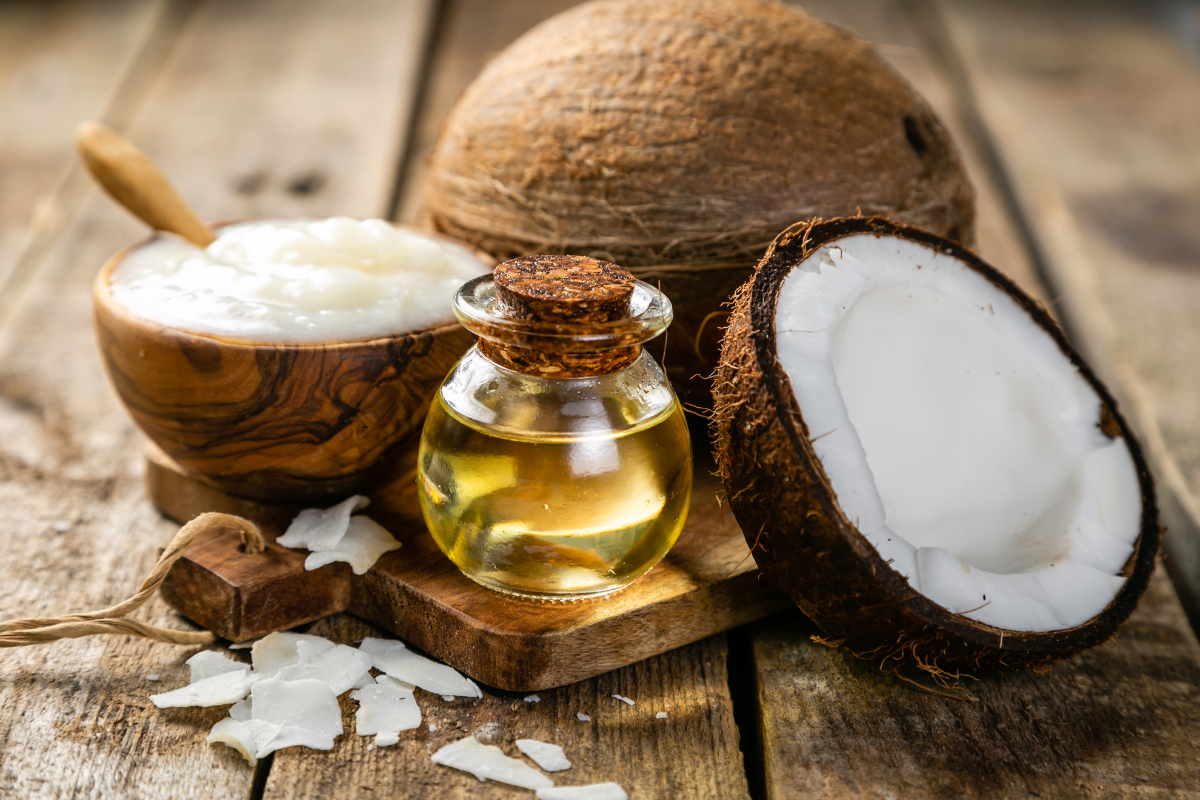
How to make a natural coconut extract hair shampoo at home
To use coconut extract in your shampoo, you can either make your own homemade shampoo or add it to your existing commercial shampoo. To make a coconut extract shampoo at home, you will need a few simple ingredients:
- 1 cup of liquid castile soap
- 1/4 cup of coconut extract
- 1 tablespoon of sweet almond oil
- 1 tablespoon of vegetable glycerin
- 10 drops of lavender essential oil
To make the shampoo, combine the liquid castile soap, coconut extract, sweet almond oil, and vegetable glycerin in a mixing bowl. Add the lavender essential oil and stir the mixture until it is well combined.
Transfer the mixture to a shampoo bottle and use it as you would any other shampoo. Massage it into your hair and scalp, then rinse thoroughly with warm water.
In conclusion, surfactants play an essential role in hair shampoos, but synthetic surfactants like SLS and SLES can have harmful effects on our hair and scalp. Coconut extract is a natural alternative to surfactants that can provide similar benefits without the harmful effects. Coconut extract is rich in lauric acid, which has antimicrobial and antifungal properties that can help to keep your hair and scalp clean and healthy. It also contains natural oils that can moisturize and nourish your hair, leaving it soft and shiny. By using coconut extract in your shampoo, you can enjoy all of the benefits of a clean and healthy scalp without any of the harmful side effects.
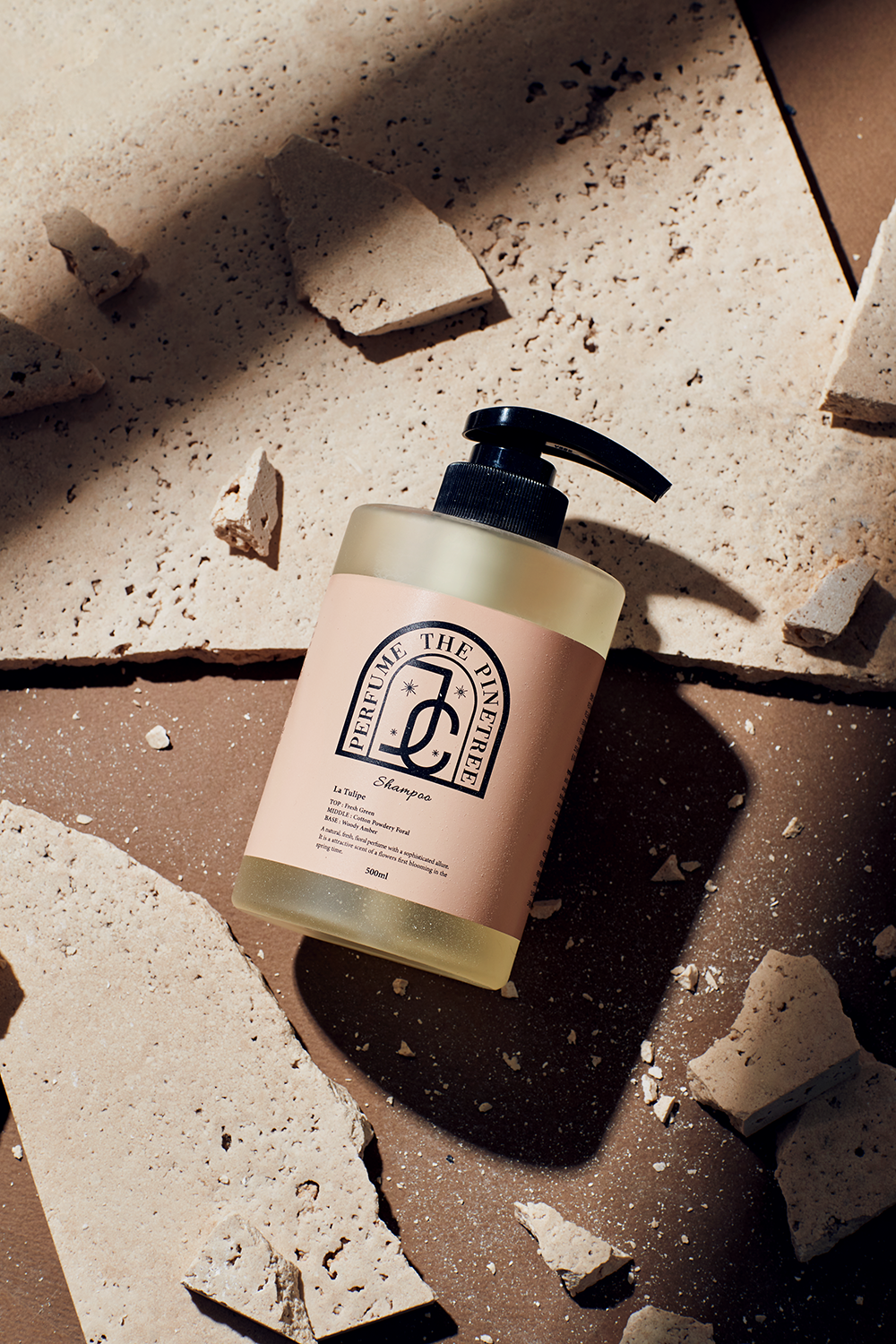

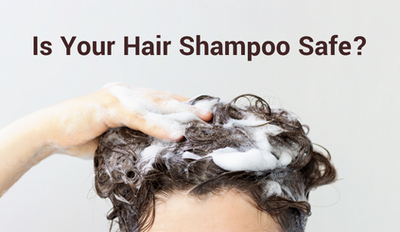
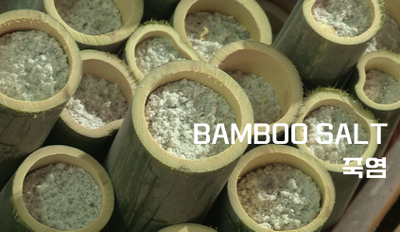

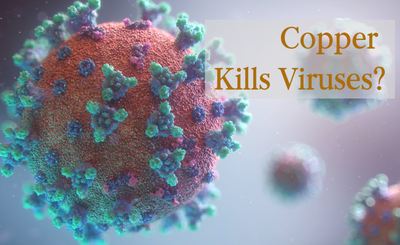


Comments: 0